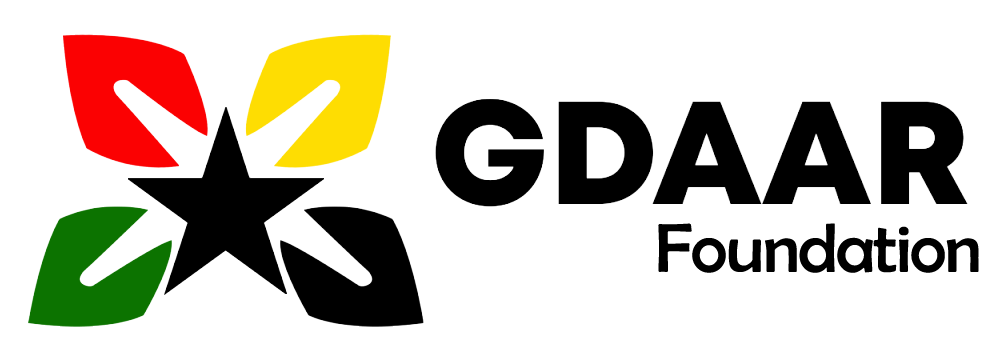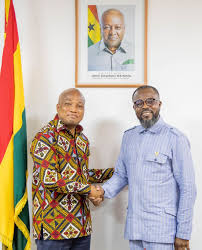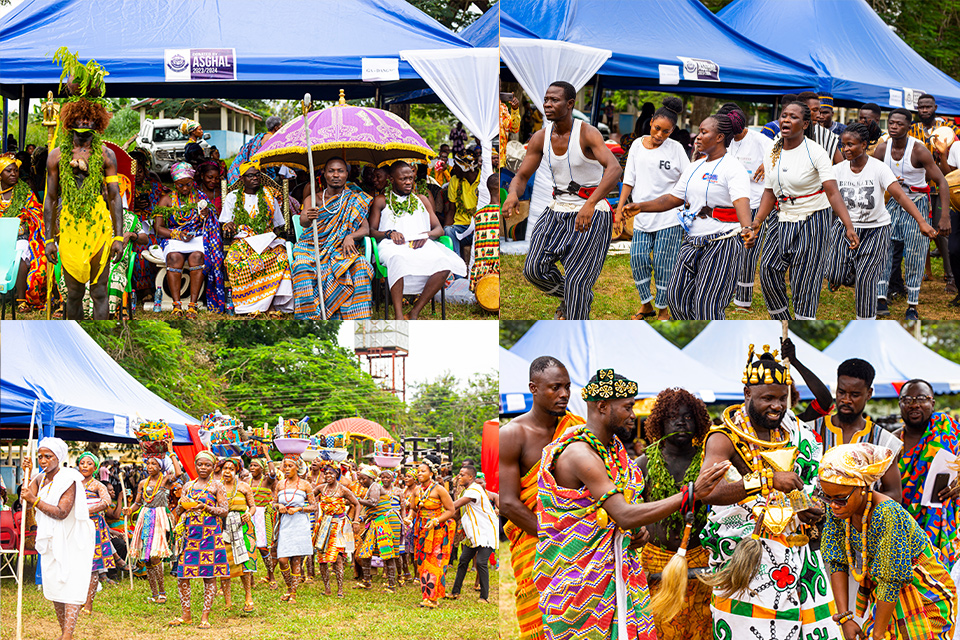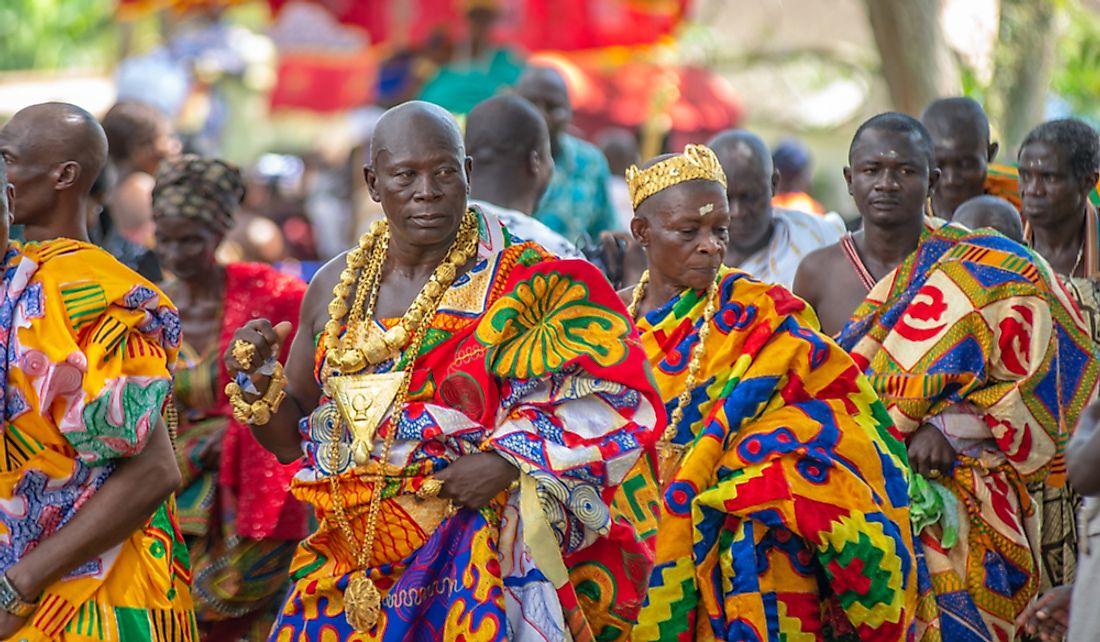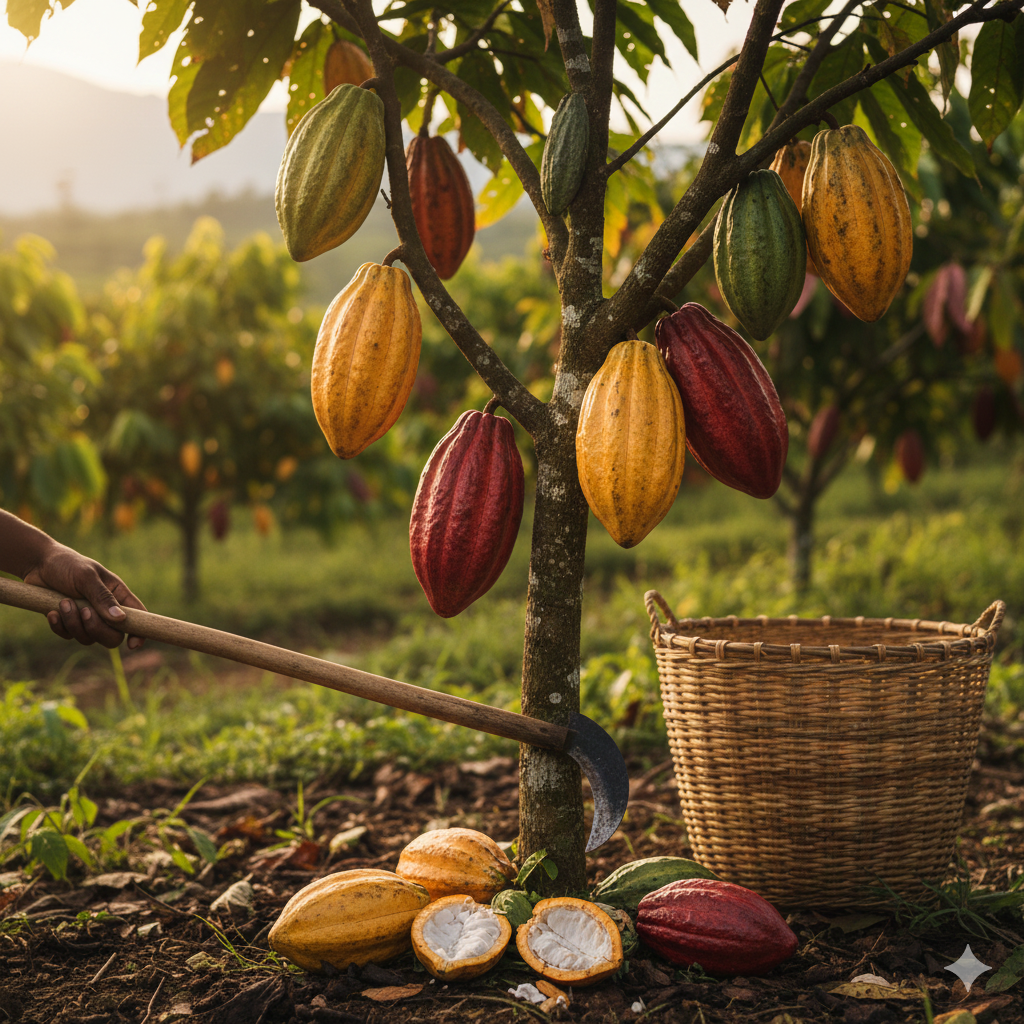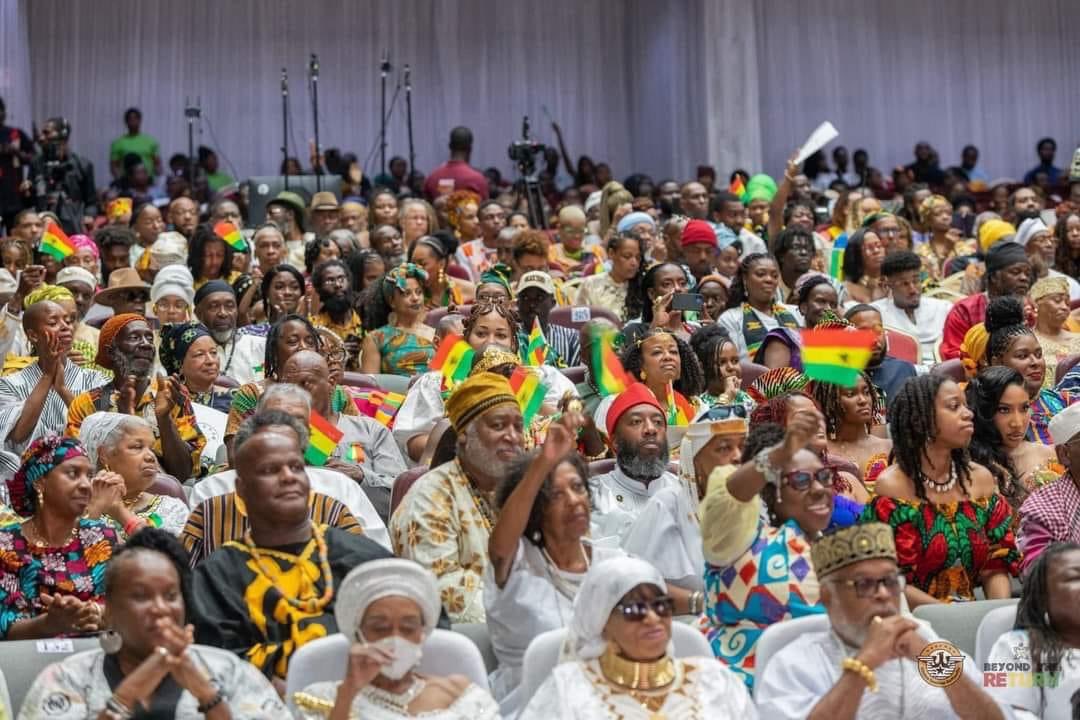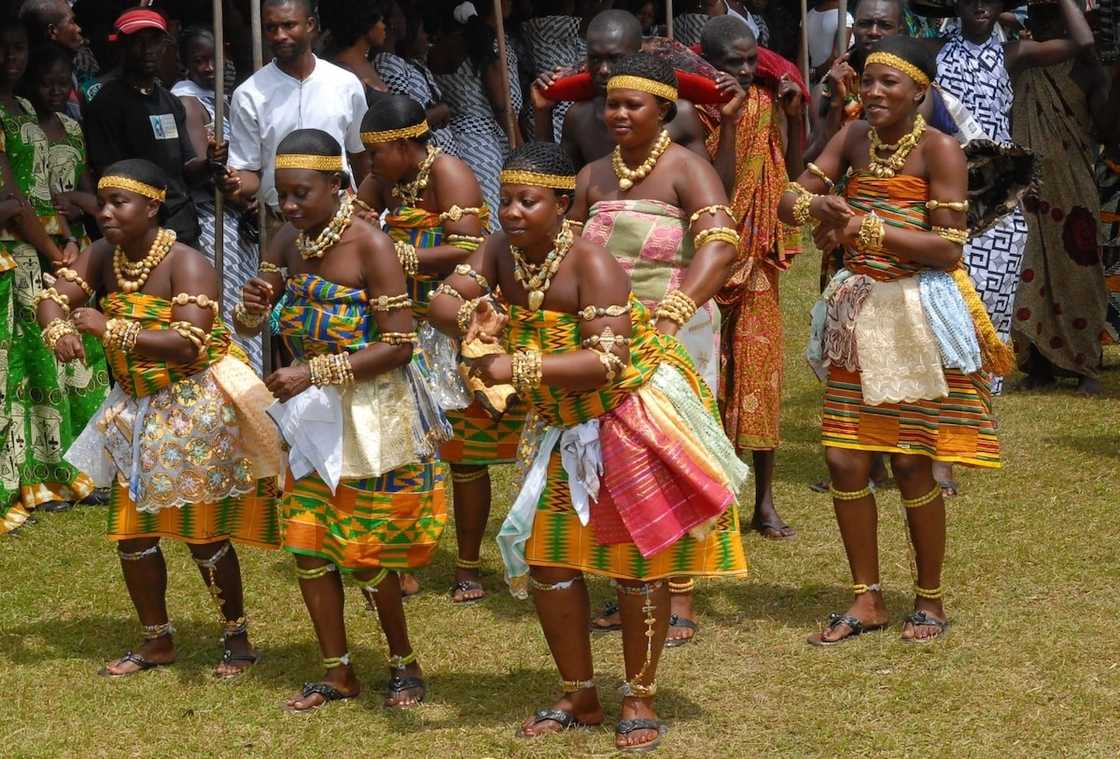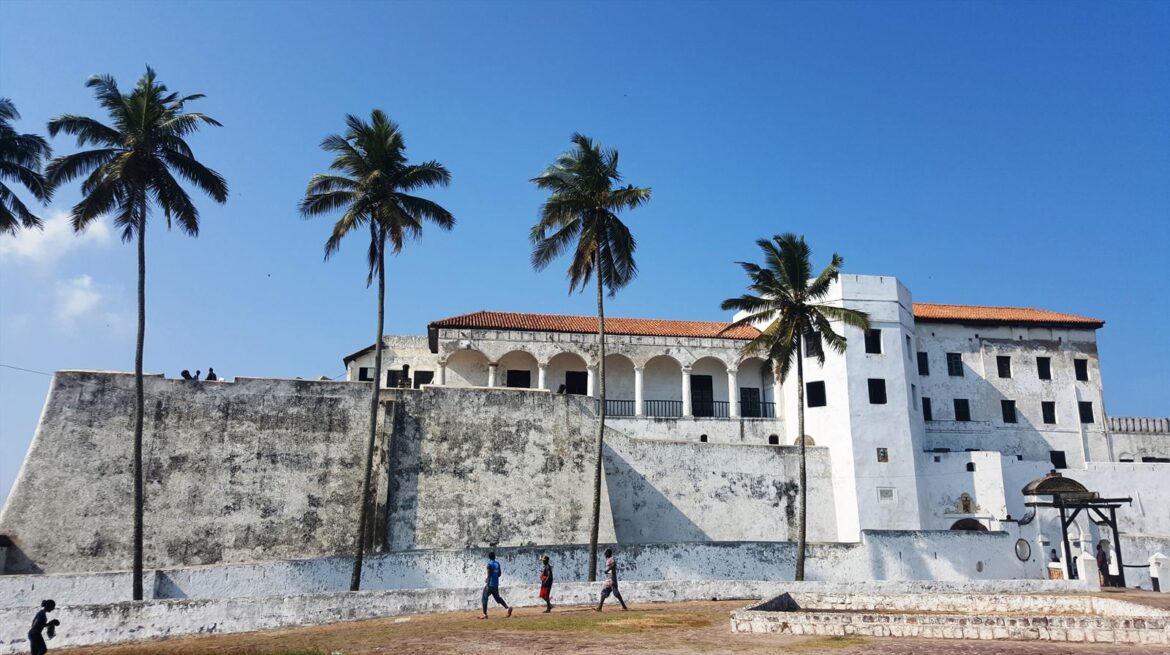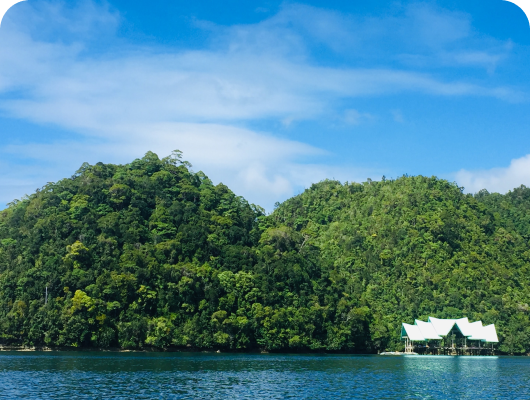Traveling the world comes with varying degrees of ease depending on the type of passport you hold. While most people are familiar with regular passports, there exists a special category reserved for government officials and diplomats: the diplomatic passport. This unique travel document offers privileges that go far beyond standard travel credentials.
What Is a Diplomatic Passport?
A diplomatic passport is an official travel document issued by a government to individuals representing their country abroad in an official capacity. Unlike regular passports issued to ordinary citizens, diplomatic passports are typically granted to diplomats, ambassadors, consular officers, government officials, and sometimes their immediate family members.
The primary purpose of a diplomatic passport is to identify the bearer as someone traveling on official government business. This designation comes with international recognition under the Vienna Convention on Diplomatic Relations, which establishes protocols for diplomatic relations between countries.
Do Diplomatic Passports Need Visas?
This is one of the most common questions about diplomatic travel, and the answer is: it depends. While diplomatic passport holders enjoy significant privileges, they are not automatically exempt from all visa requirements.
Many countries offer visa-free entry or expedited visa processing for diplomatic passport holders as a matter of international courtesy and reciprocal agreements. However, this varies by country and the nature of the visit. Some nations require all travelers, regardless of passport type, to obtain prior authorization, though the process is typically streamlined for diplomats.
For instance, when traveling to Ghana, even diplomatic passport holders should verify entry requirements. According to information from Diaspora Affairs Ghana, travelers can obtain a visa on arrival at Kotoka International Airport, which typically takes 15 to 45 minutes when pre-approval is obtained. The process requires documentation including a valid passport, return ticket, and accommodation information.
Key Benefits of Having a Diplomatic Passport
1. Expedited Immigration Processing
Diplomatic passport holders often enjoy priority lanes at immigration checkpoints worldwide. This means shorter wait times at airports and border crossings, allowing diplomats to move through international terminals efficiently.
2. Visa-Free or Simplified Visa Access
Many countries extend visa-free travel privileges to diplomatic passport holders, or at minimum, offer expedited visa processing. This significantly reduces the bureaucratic burden associated with international travel and enables quick deployment for official duties.
3. Diplomatic Immunity Protections
Perhaps the most significant benefit is the diplomatic immunity afforded under international law. While the extent varies based on rank and position, diplomatic passport holders generally enjoy protection from arrest and detention in host countries when traveling on official business. This ensures they can perform their duties without fear of harassment or politically motivated legal action.
4. Access to Diplomatic Channels and Support
Diplomatic passport holders have access to their country’s embassy or consulate services, which provide enhanced support compared to what regular citizens receive. This includes assistance with legal issues, emergency situations, and logistical support.
5. Enhanced Security and Travel Assistance
Governments prioritize the safety of their diplomatic personnel. Diplomatic passport holders often receive security briefings, travel warnings, and evacuation assistance in crisis situations.
6. Professional Prestige
Holding a diplomatic passport carries significant prestige and signals the bearer’s important role in international relations. This can open doors professionally and facilitate high-level meetings and negotiations.
Important Considerations
While the benefits are substantial, diplomatic passports come with responsibilities. Holders are expected to represent their country with dignity, follow international protocols, and use their privileges appropriately for official purposes only.
Additionally, diplomatic status does not grant unlimited freedom. Serious criminal violations can result in the host country declaring a diplomat “persona non grata” and requesting their departure, or in extreme cases, the home country may waive diplomatic immunity.
Conclusion
A diplomatic passport is far more than just a travel document. It represents a government’s trust in an individual to represent national interests abroad and comes with privileges designed to facilitate effective diplomatic work. From expedited processing and visa advantages to legal protections and enhanced support services, diplomatic passport holders enjoy benefits that make international travel smoother and safer.
For those considering international travel to destinations like Ghana, understanding entry requirements remains important regardless of passport type. While diplomatic passports offer advantages, proper preparation and documentation ensure smooth arrivals and successful diplomatic missions.

